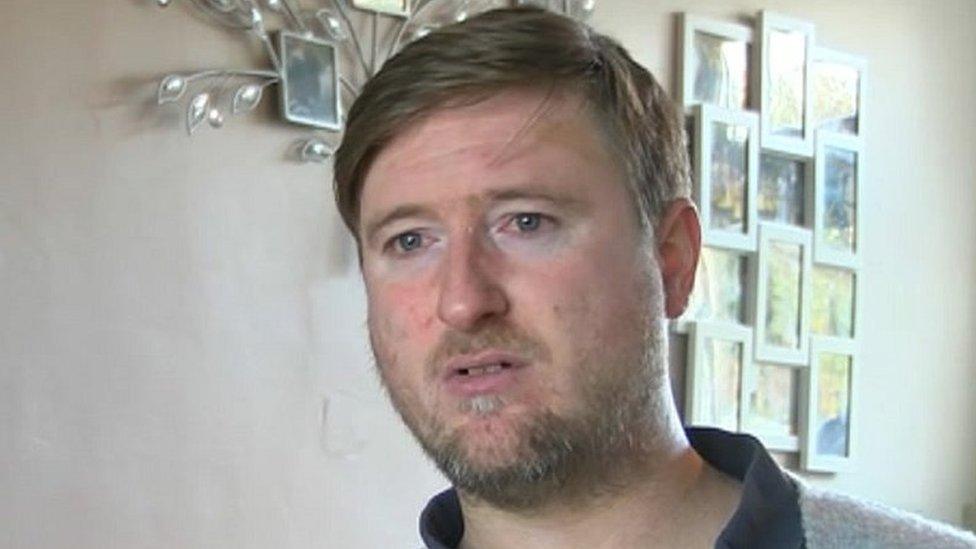Wells mum living in fuel poverty feels 'stuck' financially
- Published
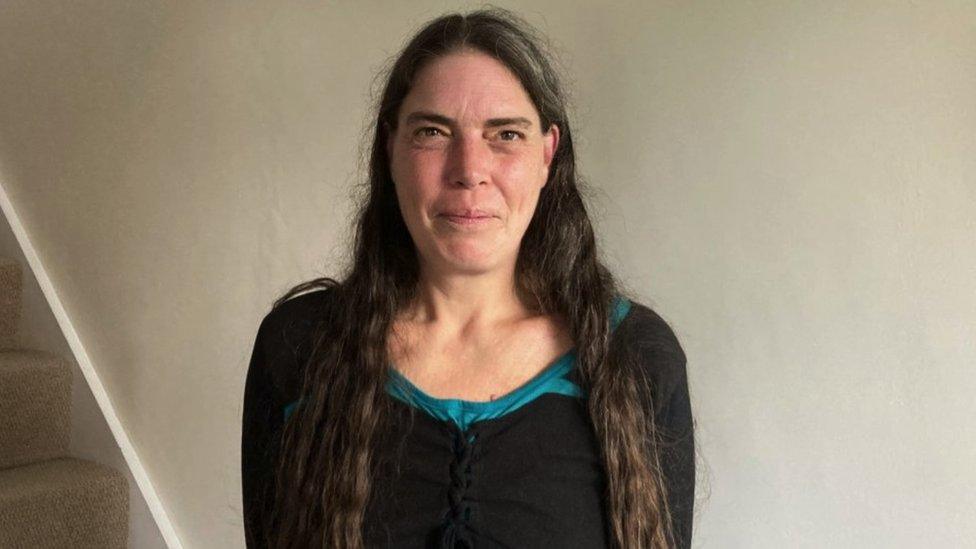
Sue's benefits are capped because she has three children
A woman who is struggling to afford food amid the fuel poverty said she feels "stuck" financially.
Sue, from Wells, receives universal credit, but her benefits are capped because she has three children.
The Open Data Institute's (ODI) latest figures show fuel poverty has increased since 2022, with the highest rises in the South West and South East.
Sue said: "I can't give my kids the same life other kids have because I'm concentrating on my bills and living."
The mother-of-three works as a part-time housekeeper. She is unable to work full time because she has no other childcare arrangements.
She said she struggles a lot with the price of food, and the rise in inflation means she gets less food for the same price.
Sue often makes meals for her children and eats any leftovers, in an attempt to save money and prioritise her gas and electric bill.
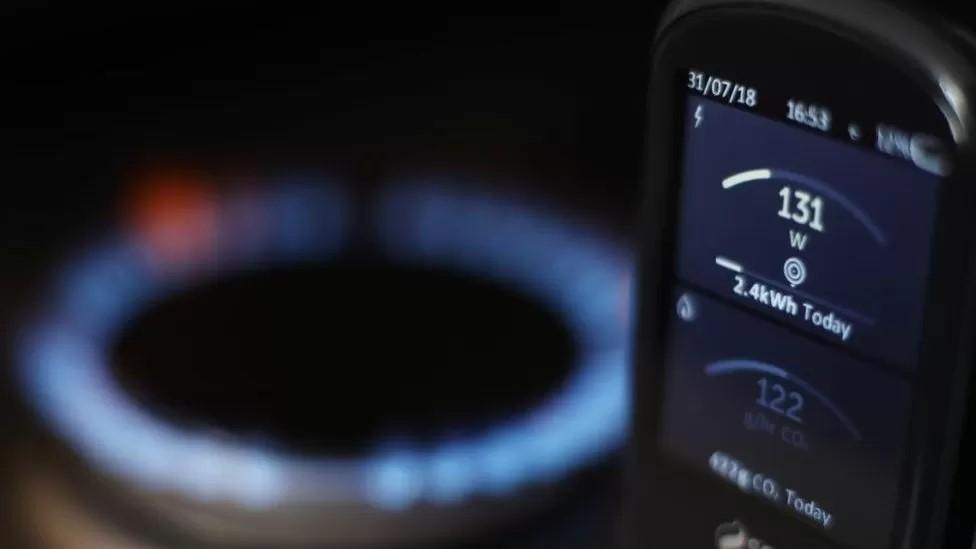
New figures show that fuel poverty in England has increased since 2022
In her previous home, she was on a pre-paid meter, which she said was impossible to keep up with because it was too expensive.
She said: "If I wasn't having the benefit cap it'd feel easier because I feel like it's unachievable to earn more money.
"Obviously the more I earn, the more money gets taken off my universal credit, but then even if I don't earn the money, it is still taken off because I'm on the benefit cap.
"Unless I was to get a really good full-time job that pays a lot then I'm never going to get over that threshold to earn any more, no matter how many hours I put in at work.
"But at the moment it's an unachievable thing so I am stuck where I am," she explained.
'Perfect storm'
Resham Kotecha, head of policy at the ODI, said: "One in eight households [in Somerset] are struggling to pay bills to heat their homes to the adequate level and obviously as we come up into winter that's particularly concerning.
"The real challenge is where you have houses that are not energy efficient.
"The challenge we have in a lot of these communities is the cost of fuel is high, they're low income, and you can imagine the combination of lower incomes and the increased cost of fuel when you live in more rural areas is kind of a perfect storm for fuel poverty.
"By understanding the scale of the problem, we can then start to tackle and address where that support is really needed."
A spokesperson from the Department for Energy Security and Net Zero said: "We spent nearly £40bn to cover around half a typical household's energy bill last winter and additional help is available for the most vulnerable this winter through an increase to the warm homes discount, from which we expect more than three million households to benefit.
"We continue to monitor the situation and will keep options under review, including with respect to the most vulnerable households."

Follow BBC West on Facebook, external, X, external and Instagram, external. Send your story ideas to: bristol@bbc.co.uk , external
- Published6 November 2023

- Published29 September 2023
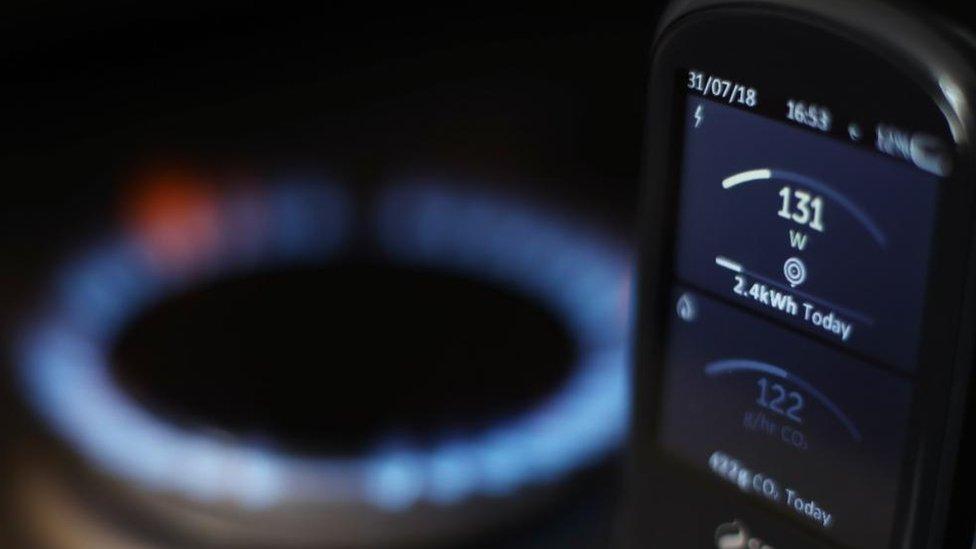
- Published6 September 2023
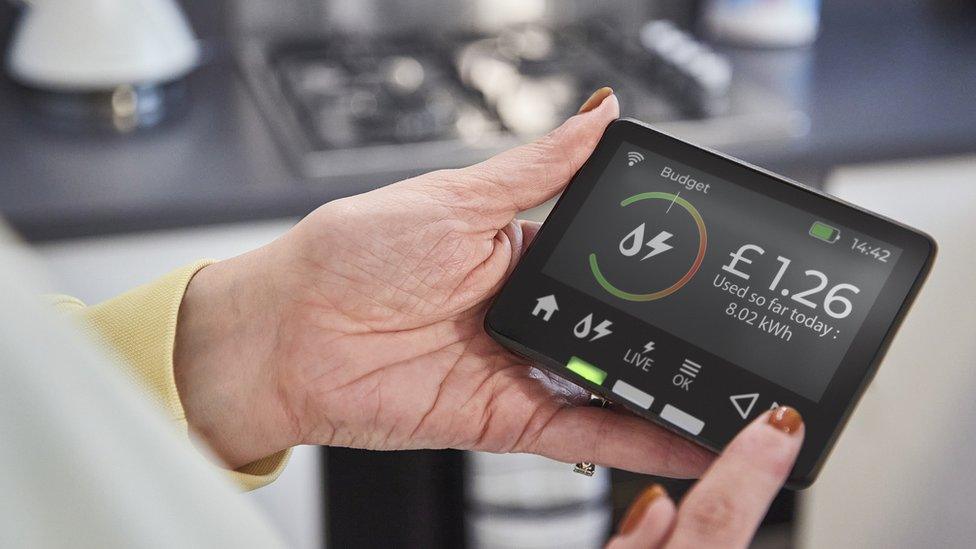
- Published23 August 2022

- Published20 January 2022
